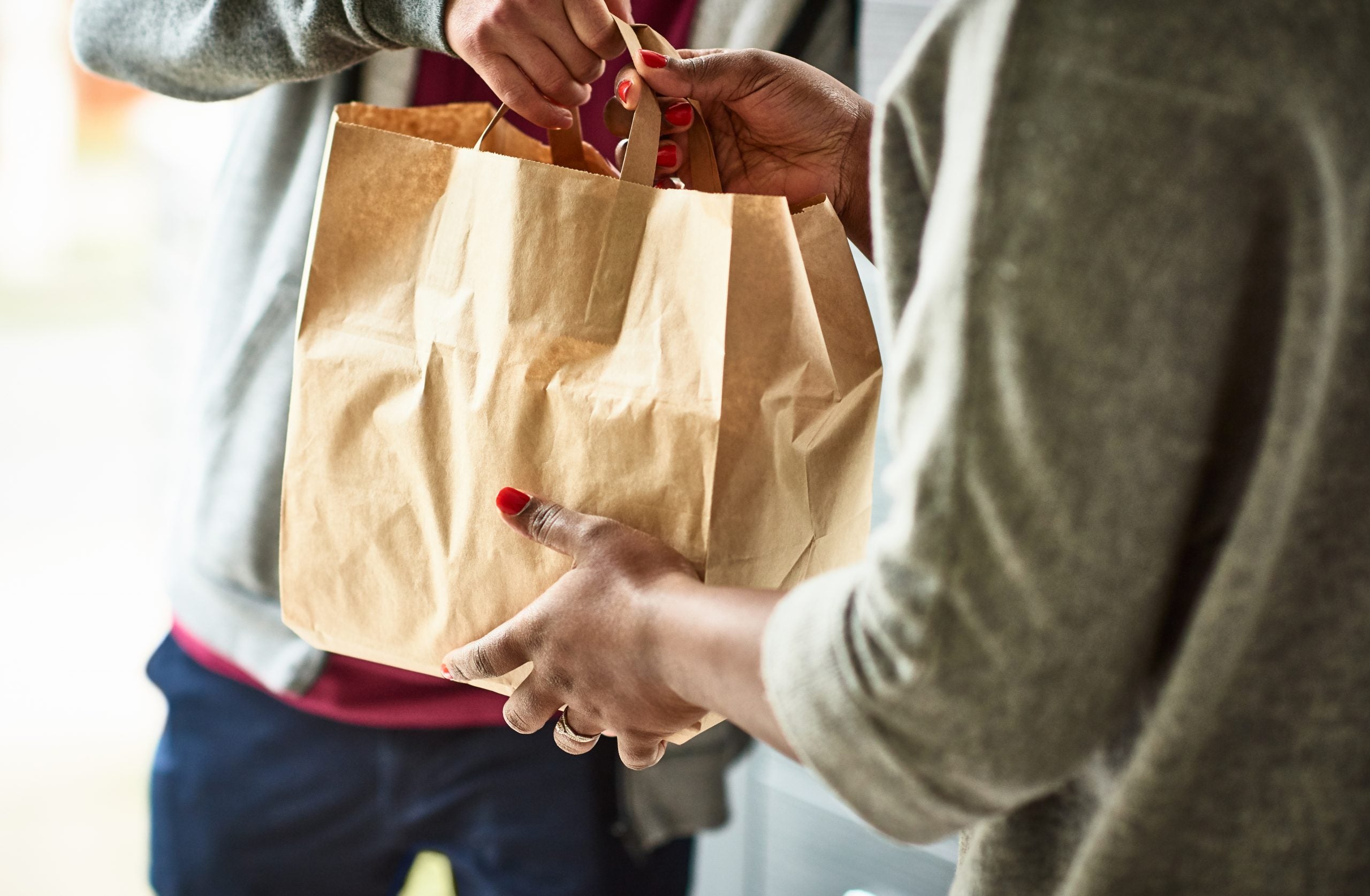In February, before we knew the virus was working its way through our communities and shutdowns and masks weren’t commonplace, I found myself in the emergency room with a high fever, chills, shortness of breath and aches. At the time, I was told it was the flu and pneumonia and to stay home and rest. At the advice of doctors, I took two weeks away from work to recover, every single day of which I desperately needed. But, like millions of other independent contractors, I had no paid leave and no benefits. For me staying home meant no paycheck.
I worked as an independent contractor for a major retailer’s grocery delivery service, a retailer known among others for good pay and benefits. The catch was, I worked as a “shopper,” what they called the workers of its grocery delivery service. Although I worked side by side with their employees in their stores and served their customers, my benefits were entirely different. When I got sick, I had no paid leave or paycheck, so I had to get back to work before I was healthy. After a few unbearable days of working while sick and managing my deliveries, I became even sicker and had to take more time away from work to recover, meaning again I was without a paycheck.
Recently, an antibody test confirmed what I already knew: I had been sick with coronavirus. Now, all I can think about is how dangerous it was that I was working shoulder to shoulder with so many other employees and delivering groceries to dozens of families. Many of our customers were awaiting diapers, milk, and cereal for themselves and their kids. I thought about our customers who had ordered home deliveries because they or a family member belonged to an at-risk group. They expected that their groceries were being delivered in a safe and healthy way.

When the pandemic began, this retailer touted the benefits they were extending to their employees. But what the public didn’t realize was, they weren’t offering the same benefits to delivery workers like me, who were largely operating as a shadow workforce.
With more and more families ordering groceries online, the demand for delivery workers went up, and our treatment as a workforce went down. Even in a pandemic and these extraordinary circumstances, there was no flexibility to quarantine if we discovered we had been exposed to COVID and PPE like gloves and masks was nearly impossible to come by.
It seems like every day we are learning more about how deadly COVID is and how many people are seriously at risk. I don’t understand why we aren’t talking more about how reckless it is that “essential workers” can’t afford to stay home if we’re sick. Shouldn’t everyone have access to paid leave no matter what they are sick with? Would it have been better if I’d exposed my coworkers and our customers to the flu or the whooping cough instead of COVID?
My experience isn’t unique. According to Paid Leave for the US (PL+US), an estimated one-third of all working people in America are gig workers like me and don’t have access to the same benefits as typical employees. People of color, particularly Black women like me, are far likelier to contract COVID, likelier to be gig workers, and less likely to have access to paid leave. Even before the pandemic, gig work has become a permanent part of our economy: if the gig economy keeps growing at the same rate, it is estimated that more than half of the workforce will participate in it by 2027. It’s time for lawmakers to step in and make sure that there are protections for all workers, including gig workers. We’re the ones on the front lines delivering your food, keeping your household stocked, and going into stores so that you don’t have to. Keeping us healthy keeps you healthy.
I don’t think that paid leave and paid sick days is too much to ask. Major grocery stores and retailers are making money during a pandemic where people are ordering home deliveries more than ever. But instead of providing support to these line critical workers, they’ve been shortchanging employees’ pay and benefits below the radar. Many delivery workers like myself don’t even know what we’ll be paid for our work — an algorithm decides how much they’ll get paid for each delivery. Can you imagine not knowing what you’ll be paid for a day’s work? Can you imagine your employer telling you that your pay will go up and down based on a set of assumptions plugged into a computer program?
Front line delivery workers are doing our part in this crisis. We need lawmakers and employers to do theirs. We need access to paid leave and we need to be fairly compensated so that we never have to choose between our health and our paycheck.
Karyn Johnson-Dorsey was an independent contractor for a major retailer’s grocery delivery service in Riverside, CA. She had to take the time to recover in February and March when she became ill due to Covid-19.

